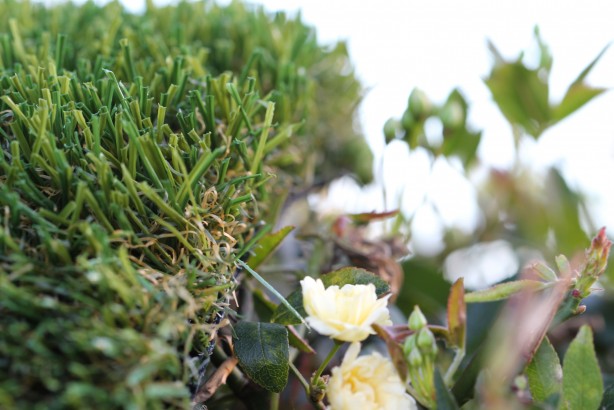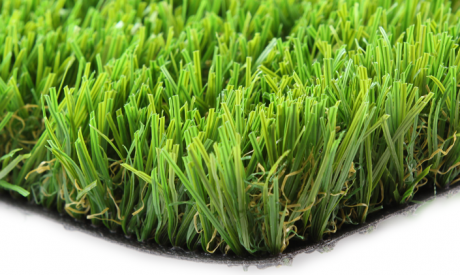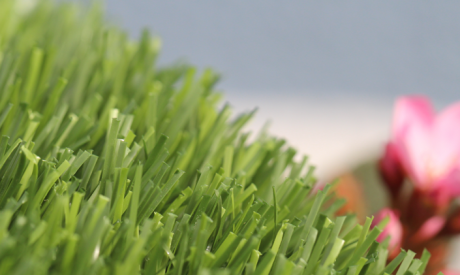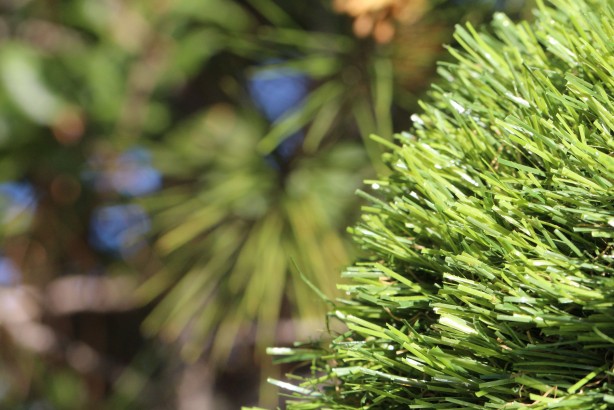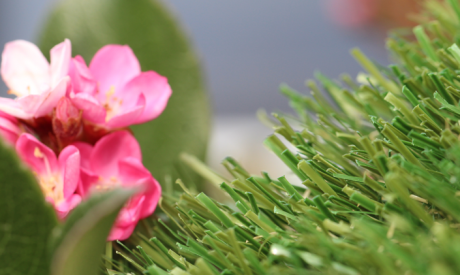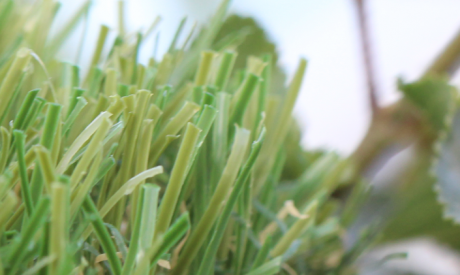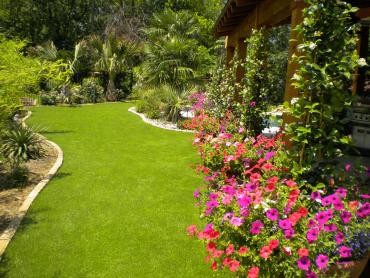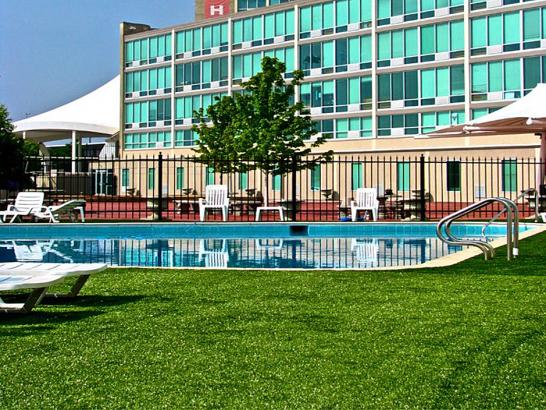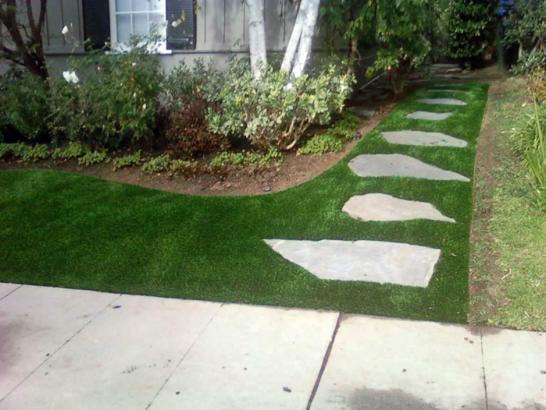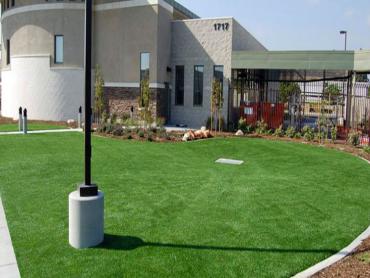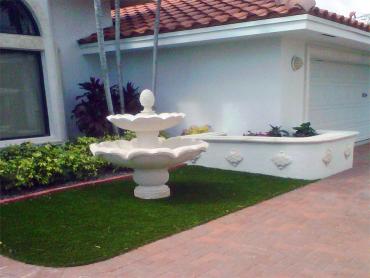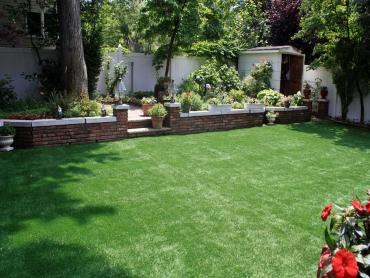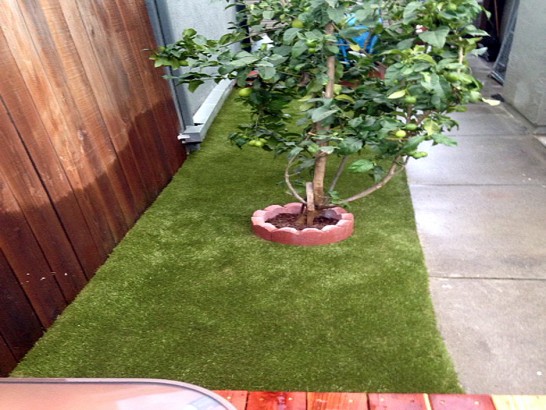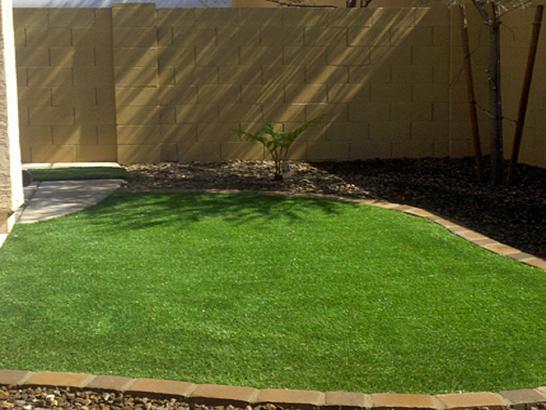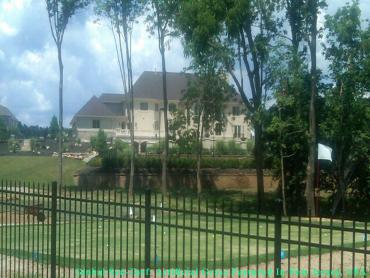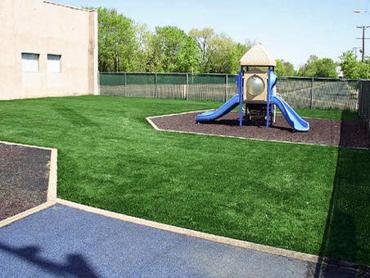We are honored to be a part of the remembrance of Drake and
other police canine companions, fallen protecting us. Drake was shot four times on November, 18
2012. He was a German Shepherd retired from a force. In spite of
heroic efforts by the best veterinarians in the country, Drake didn't make it.
He passed away five days later after shooting.
In the interview to local news, Dr. Simmons' stated: "They (police
dogs) are currently classified as equipment, - the depreciable equipment with
no value when they are retired. Do dogs deserve some form of status? Hero
Status really..."
The video has been captured at K-9 dedicated Drake and other
fallen police dogs Memorial in Greenacres, Florida where GST donated one of our
best products - PetGrass-85. Dr. Ken Simmons gives a complete overview of the
project done at the Memorial and the ultimate guide to every step of the
installation process. Thank you, Dr. Simmons!
Global Syn-Turf produces more than 65 different lines of artificial
grass, and some of it needs special care during the installation. The good
example of it is our Pet Grass 85. Designed for an ideal drainage, the backing
of this product has no stitch lines, and as an installer you must pay an extra
attention to details.
"We've been using this product for the better part of
ten months, and some rain storms have come through that were quite substantial,
and we've had absolutely no flooding. There are no smell issues at all. "
- said Dr. Simmons. "We have large dogs running at high speeds turning on
a dime. Carpet (artificial grass) is not separating. It is no falling apart
anywhere. And clients, the perception, that they have now of our park is that
it looks like an Augusta National Golf Course. I am very impressed with Dave Maronic
and his team for providing us this turf for the Drake Memorial because it is
very special thing for us since we have a veterinary hospital, and now we have
a Memorial Park that is absolutely spectacular. The turf is just made it
wonderful."
Below is the full transcript.
If you already own a dog care facility, where lots of dogs
are playing at the regular basis, you know that regular grass, although
beautiful and very friendly, often dies from disease, it dies from the urine.
It gets wet with puddles from rain, and it turns into a mud bath, and all of
your pets are playing in this.
Once you are committed to the idea that you are going to
spend the money to have your natural grass replace with an artificial turf, the
very first step is to remove the existing material that's in your park. And so,
my suggestion is to take out, depending on the value of dogs that are going to
be playing in the park, up to 8, maybe even 10 inches of fill, so you end up
with a space that can then be packed with the drain rock, and other products.
There is actually quite a lot to this first stage of
removing the fill that is there. So you must be careful because of the
sprinkler pipes, water lines, electrical wires, antennas, cables, whatever
might be in the ground. You need to be very careful and identify all those
things. If there are sprinkler zones, they need to be relocated outside of the
perimeter of where the turf is going to be laid, so you don't have to dig it
physically up to get to it.
If you encounter something that needs to be remained in its
current position, identify it and place it in the protective box or cabin of
some sort, and ultimately you can still cover it with the turf, and allow
yourself access at the later date.
Once the fill has been removed to a measured grade, the next
step is bringing in number 57 rock. It's essentially septic drain fill rock.
It's an inexpensive product, and here is where you are really want to be an
opposite to thrifty. You want to use a lot of this rock. Give yourself at least
six to eight inches of base rock compacted, and you are going to end putting a
concrete screening over the top of this, but the very next step is to bring the
rock in, approximate the level, and then go over it with a compactor, and
follow it with a concrete screening, which is a fine concrete dust. That would
be laid on top of the septic drain rock and compacted as well. That would be
about four-inch bed.
During the removal of the fill, you are going to encounter
the places in your project that do not have linear or a hard surface upon which
to attach the turf. That's where you need to pour a concrete curb to give
yourself that option. If you have an existing sidewalk, it can be used nicely.
Even existing paver or walkways that have a concrete edging can be used to
attach the turf. But where there is nothing, you need to replace it with a
concrete curb, probably a four-inch wide curb 6 or 8 inches deep that allows
you to tack turf to the curb.
Compacting the septic drain rock as well as the concrete
screening is the essential part for this, and needs to be done very carefully
and very meticulously. The rock should be moistened with water and tamped as a
wet rock, and, ultimately, once the septic drain rock is tamped down, and you
are going to lay this four and five inches of concrete screen on top, you do
the same thing and tamp it down. It will be surface, but very pervious surface
when you finished. You want to take extra care to make sure the details are
done correctly on the curb edge, around any objects that might be left behind,
trees and the like sometimes can be in the middle of your project. You want to
cut around those trees and put some formed curb around them. And this part is
very critical.
Once you finished placing the rock and tamping it down and
doing all the prepping that needs to be done, the next step is roll out the
carpet. And this is a very important step because the carpet needs to be rolled
out, so the grain matches anywhere you seam it. You can't turn the carpet
perpendicular to itself, and end up with a good seam. The company that worked
for us did a great job. Coastal Synthetic Turf has some technicians that were
able to make the seams completely invisible. So the carpet is laid out in its
approximate location as the first step and trimmed to fit the location.
Any place where the seam is required with the dog's turf s
really-really important to take a time, to make sure the edges match up
perfectly. And then a piece of double-sided, large, white material is laid
down, and nailed to the ground such that when the turf is applied to the top of
the glue that would be laid on top of that will stick and create a perfectly
nice seam.
Once the seam is placed together on top of the glue, carpet
is actually nailed to the ground to ensure that it stays tight to the seam.
Once the seams are completely finished, large, heavy bags of
sand are laid across a scene to make sure they are hold up together.
As always during this process there will be a lot of
clipping, and trimming, and edging things perfect, and that's critical. The
details make all the difference.
And the final stage is to apply sand in quantity to weigh
carpet down, to keep it from fluffing around. And then it's brushed very
aggressively with a broom to settle into the carpet.
The goal behind this entire process is to give yourself a
fairly significant drainage system beneath the carpet so that when water is
applied to it in a great quantity, it flows to the carpet and directly to the
drain system.
...

